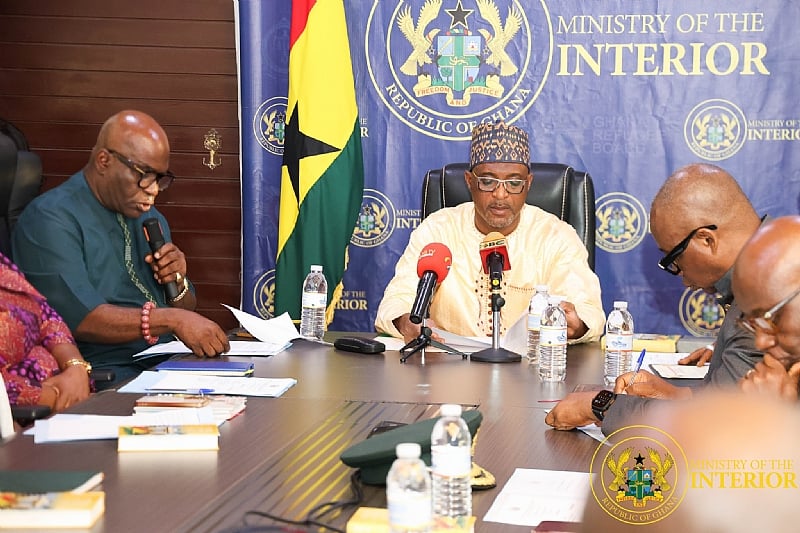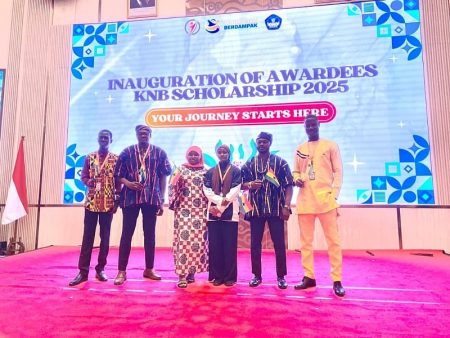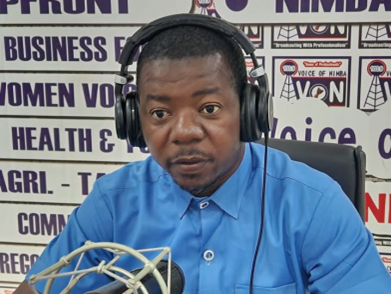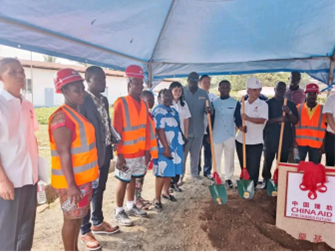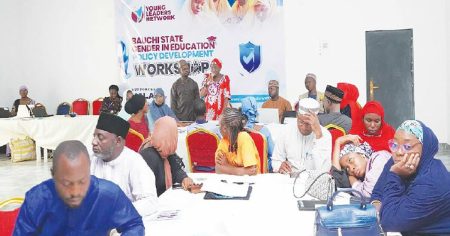The inauguration of the newly constituted Governing Board of the National Commission on Small Arms and Light Weapons (NACSA) marks a pivotal moment in Ghana’s ongoing fight against the escalating threat of illicit small arms and light weapons. Minister for the Interior, Mr. Muntaka Mohammed-Mubarak, presided over the ceremony, underscoring the gravity of the situation and charging the Board with the crucial responsibility of stemming the tide of gun violence plaguing the nation. The Minister’s address highlighted a worrying trend of gun-related incidents, particularly during traditionally celebratory occasions, painting a stark picture of how easy access to and misuse of firearms are disrupting peace and security and leading to tragic loss of life. This inauguration signifies a renewed commitment to tackling this complex issue, recognizing the need for a concerted and strategic approach to curb the proliferation of illicit weapons and their devastating consequences.
The Minister’s concerns, expressed during the inauguration ceremony, reflect a growing national anxiety regarding the increasing prevalence of firearms in Ghana. He specifically pointed to the alarming rise in gun-related incidents during traditional festivals, funerals, and social gatherings, events meant to celebrate life and community, now often marred by violence. These occurrences, he emphasized, are not isolated incidents but represent a broader, disturbing pattern of readily available and misused small arms. This easy access to weapons fuels a cycle of violence, threatening the very fabric of Ghanaian society and demanding immediate and effective action. The Minister’s words serve as a clarion call for the newly appointed Board to prioritize this issue and work diligently to dismantle the networks facilitating the illicit arms trade.
Central to addressing this complex problem, the Minister stressed the importance of robust research and data collection. He urged the Board to prioritize efforts to understand the intricate dynamics of the illicit arms trade, including the routes, networks, and motivations driving it within Ghana. This data-driven approach is critical to developing targeted and effective interventions. By gaining a comprehensive understanding of the problem’s root causes, the Board can formulate evidence-based policies and strategies that disrupt the flow of illicit weapons, address the underlying drivers of demand, and ultimately reduce gun-related violence. This emphasis on research reflects the Minister’s understanding that combating this multifaceted challenge requires more than just enforcement; it demands a thorough understanding of the underlying factors contributing to the problem.
The charge to the newly inaugurated Board extends beyond research and data collection. The Minister emphasized the critical need for the members to bring their full expertise and unwavering dedication to the task at hand. He stressed the paramount importance of patriotism and a deep sense of duty to safeguard the nation’s peace and security. This call to action highlights the significant responsibility placed upon the Board members. Their collective expertise and commitment are essential to developing and implementing effective strategies to address this complex problem. The Minister’s words serve as a reminder that this is not merely a task but a national duty requiring the highest levels of dedication and integrity.
Mr. Godwin Animli Dorgbadzi-Dorani, the Chairman of the newly constituted Board, responded to the Minister’s charge by reaffirming the Board’s commitment to tackling the issue head-on. He emphasized the importance of collaboration, pledging to work closely with all relevant stakeholders to develop effective policies and implement lasting solutions to arms proliferation. This commitment to collaboration underscores the understanding that a multifaceted problem like illicit arms trade requires a multi-pronged approach, involving not just government agencies but also civil society organizations, community leaders, and international partners. The Chairman’s words signal a collaborative approach, recognizing the need for shared responsibility and collective action to achieve meaningful progress.
The Chairman’s appeal for stakeholder support underscores the collective nature of this endeavor. He called on all segments of society, from government agencies to community organizations, to actively contribute to the Board’s efforts in promoting peace and security. This call for broad-based support highlights the crucial role of public engagement in addressing the issue. By fostering collaboration and partnership, the Board aims to create a united front against the proliferation of illicit arms, ensuring that all stakeholders are invested in achieving lasting peace and security within Ghana. This collaborative approach recognizes that success hinges on the collective will and action of all involved.





